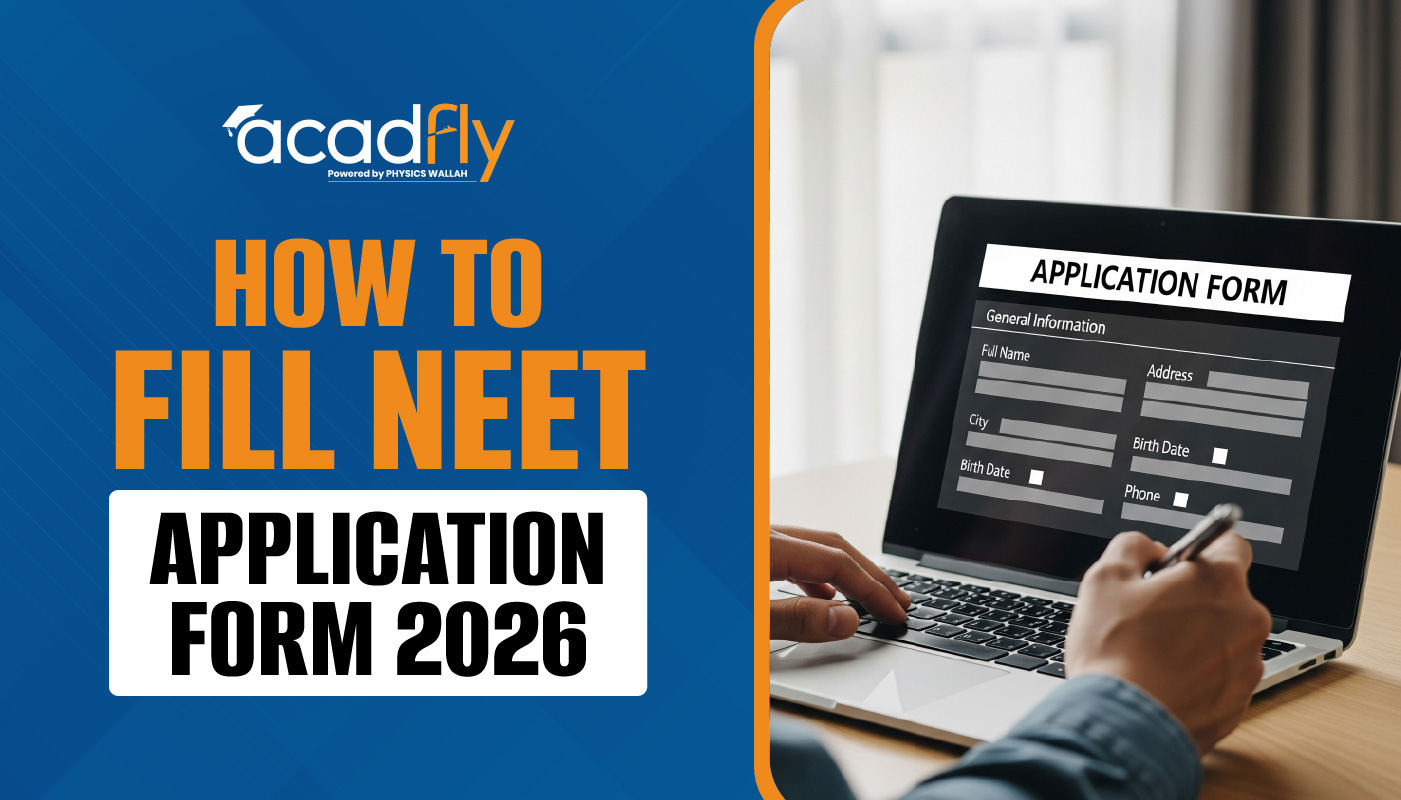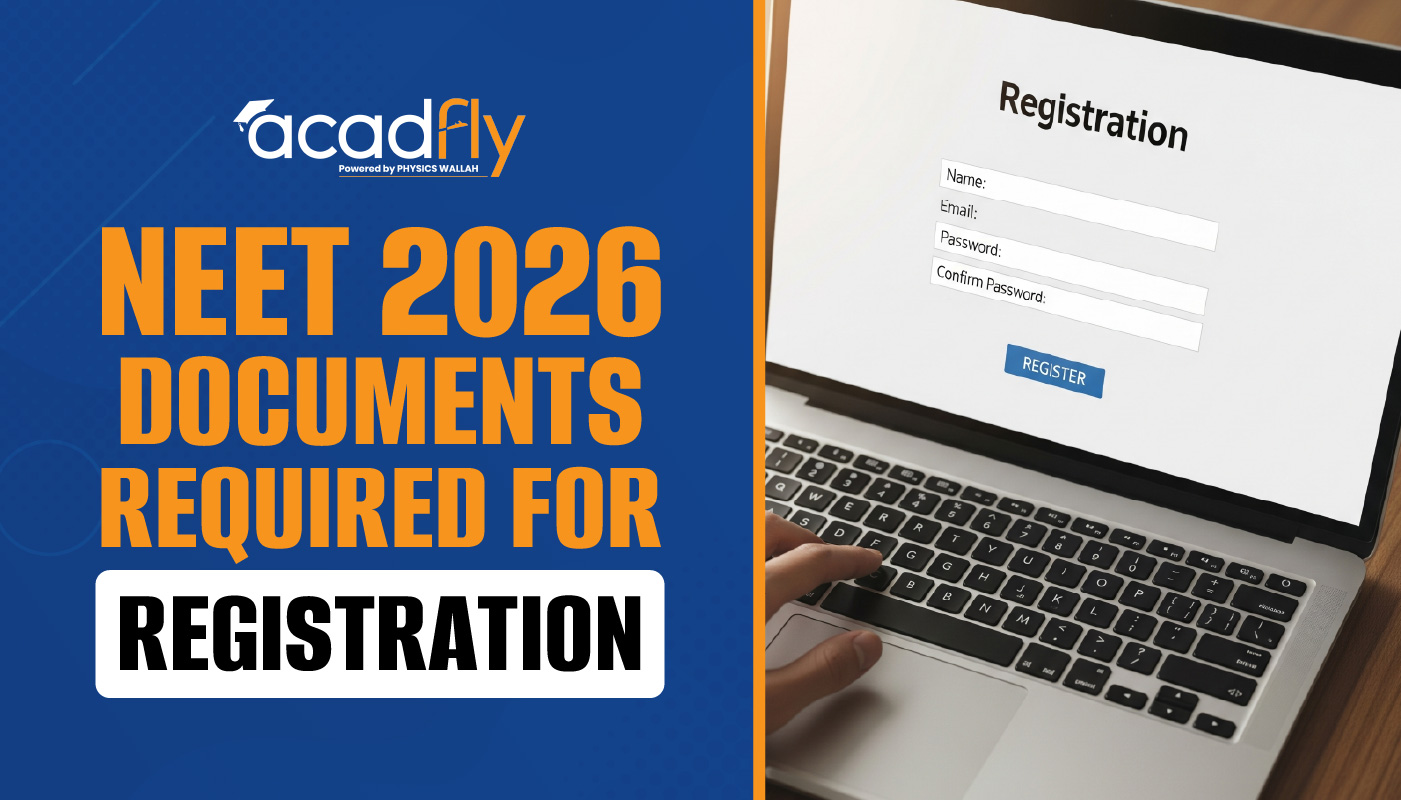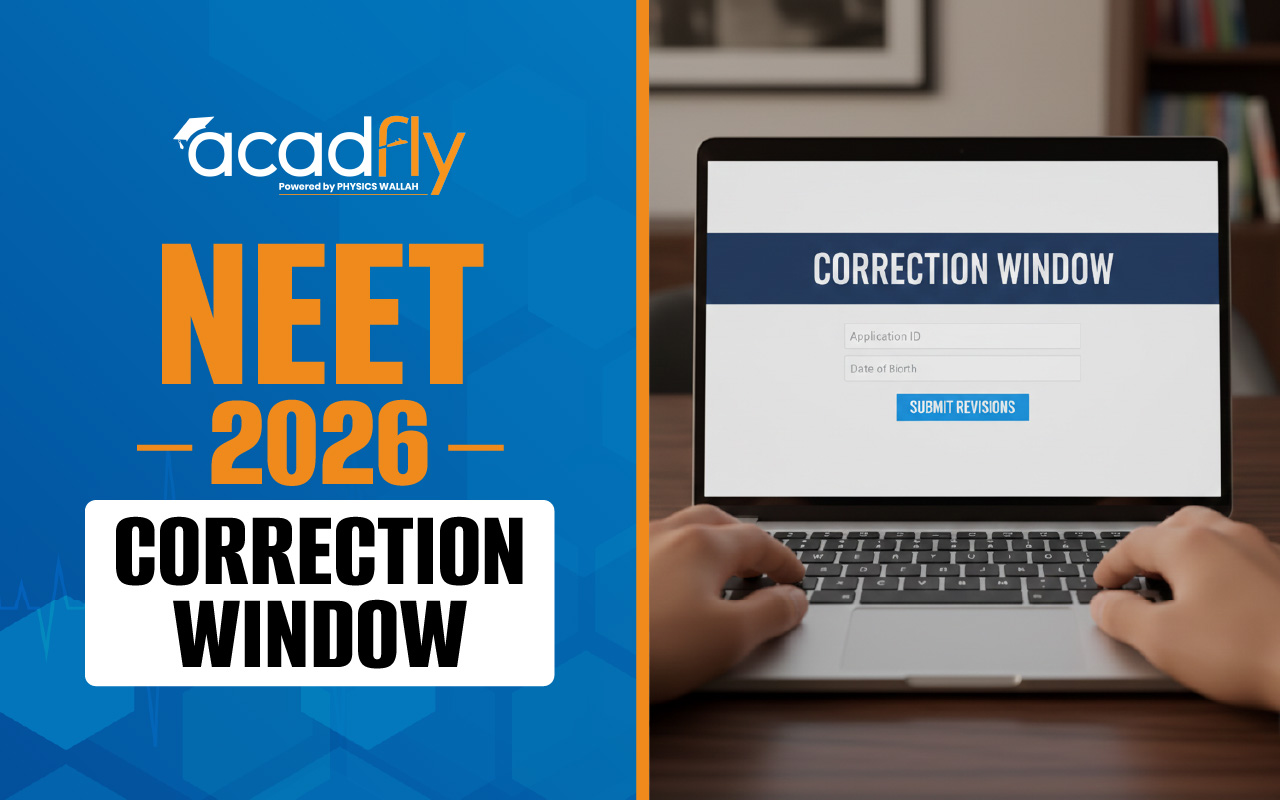The United States Medical Licensing Examination (USMLE) consists of three parts that are necessary for obtaining a medical license for allopathic physicians in the U.S. It evaluates a doctor's capability to utilize knowledge, concepts, and principles vital to understanding health and disease. Completing each step of the USMLE is essential for eligibility to enter medical residency training programs and for future medical licensure.
Consequently, the examination is immensely significant for anyone pursuing a medical career in the United States. This extensive assessment evaluates your comprehension of fundamental science concepts and their application in clinical practice. Effective study strategies are critical for attaining a favorable score.
An Overview: USMLE preparation tips
Discover how to successfully navigate the USMLE Step 1 by exploring essential study strategies. The Step 1 exam is a long-distance event, not a short race. It demands dedication and commitment every day during the 2-3 months set aside for preparation. You will dedicate a considerable portion of your day to studying for the USMLE Step 1.
|
Category |
Tips |
|
Preparation |
Start early, create a study schedule, identify weak areas, use high-yield resources, practice questions, and integrate basic science with clinical relevance. |
|
Test Day Logistics |
Confirm location, gather items, plan your route, and arrive early. |
|
During the Exam |
Pace yourself, read carefully, use the process of elimination, don't dwell, take breaks, stay calm. |
|
Self-Care |
Schedule breaks, get enough sleep, exercise, and maintain a healthy diet. |
USMLE Preparation Strategies: Establishing a Firm Groundwork
Although it can be difficult, keep in mind that your 3rd year of medical school is just around the corner, where you will finally get to participate in clinical rotations and engage in the experiences you have been looking forward to since the very first day of medical school.
1. Begin Early and Develop a Strategic Plan:
-
Do not underestimate the extensive volume of content included in Step 1. Ideally, kick off your study efforts several months before the exam date.
-
Formulate a Practical Study Schedule: Divide the vast material into manageable sections and assign specific subjects to each day or week. Be realistic about your study tempo and include regular breaks.
-
Recognize Your Weaknesses: Early in your preparation, identify the areas you struggle with. Allocate additional time and resources to shore up these subjects.
2. Leverage High-Yield Materials:
Choosing the appropriate study materials is vital for effective learning.
-
First Aid for the USMLE Step 1: This resource is regarded as the "bible" for Step 1 study. It provides a succinct overview of critical concepts and comes highly recommended for review.
-
UWorld Question Bank: This is arguably the most essential tool for Step 1 preparation. UWorld offers realistic practice questions with elaborate explanations, aiding your comprehension of the rationale behind correct and incorrect responses.
-
NBME Practice Exams: These official practice tests replicate the actual Step 1 experience and provide a trustworthy measure of your advancement.
3. Active Engagement is Essential:
Merely reading passively is inadequate for efficient learning. Actively interact with the content
-
Consistently Practice Questions: Move beyond memorizing facts; apply your knowledge through practice questions. Concentrate on grasping the fundamental concepts rather than just memorizing the solutions.
-
Utilize Flashcards: Design flashcards for important facts, definitions, and pathways. Apply spaced repetition techniques to enhance retention.
-
Teach Others: Clarifying concepts to someone else is an excellent way to reinforce your understanding and highlight any areas needing improvement.
4. Link Basic Science to Clinical Relevance:
-
Step 1 stresses the necessity of applying basic science principles to clinical contexts
-
Make Connections: As you study scientific concepts, consider how they correspond to prevalent diseases and clinical situations.
-
Review Clinical Scenarios: Engage in interpreting clinical vignettes to discern the underlying pathophysiology and arrive at a diagnosis.
5. Take Breaks and Emphasize Self-Care:
-
Burnout can considerably impede your progress.
-
Plan Regular Breaks: Take brief pauses every hour to refresh your mind and avert exhaustion.
-
Ensure Sufficient Sleep: Aim for a minimum of 7-8 hours of rest each night to enhance cognitive function and memory consolidation.
-
Exercise Frequently: Engaging in physical activity can alleviate stress and enhance mental clarity.
-
Maintain a Balanced Diet: Fuel your body with nutritious meals to sustain energy and concentration.
USMLE Step 1 Exam Day Advice: Enhancing Performance
Exam day can be stressful, but these step 1 test day tips can assist you in achieving your best performance.
1. Organize the Logistics:
-
Verify Your Test Center Location: Ensure you know the exact location of the test center and how to reach it.
-
Collect Required Materials: Double-check what you need to bring to the test center, such as your ID.
-
Plan Your Route: Factor in traffic and possible delays. Arrive at the test center early to prevent feeling rushed.
2. During the Test:
-
Manage Your Time: Distribute your time effectively. Aim for about 1 minute per question.
-
Interpret Questions Carefully: Focus on the details of each question and clinical scenario.
-
Use Process of Elimination: If you're uncertain about an answer, eliminate options to narrow your choices.
-
Don’t Get Stuck on Hard Questions: If you find yourself perplexed by a question, mark it and return later. Don’t let a single question disrupt your concentration.
-
Take Breaks: Use the scheduled breaks to stretch, move around, and clear your mind.
-
Maintain Composure: If you come across difficult questions, stay calm. Rely on your preparation and concentrate.
3. After the Exam:
- Unwind and Recharge: Once the exam is over, take some time to relax and destress.
- Avoid Overthinking: Steer clear of obsessing over particular questions or stressing about your performance. The period while waiting for your score can be anxious, but try to remain optimistic.
The optimal schedule is contingent upon each student's foundational knowledge, learning preferences, desired scores, and other commitments. Students who have faced academic challenges or are aiming for exceptionally high scores might require more time, whereas those who learn efficiently could potentially prepare in a shorter duration. The crucial part is to establish a challenging yet attainable timetable and customize it as necessary.Mastering the USMLE Step 1 necessitates thorough preparation, strategic planning, and a composed mindset on exam day. By adhering to these USMLE preparation suggestions and "step 1 exam day advice," you can boost your chances of success and reach your target score.
Frequently Asked Questions
How long should I study for Step 1?
What constitutes a good Step 1 score?
What should I do the day before Step 1?









